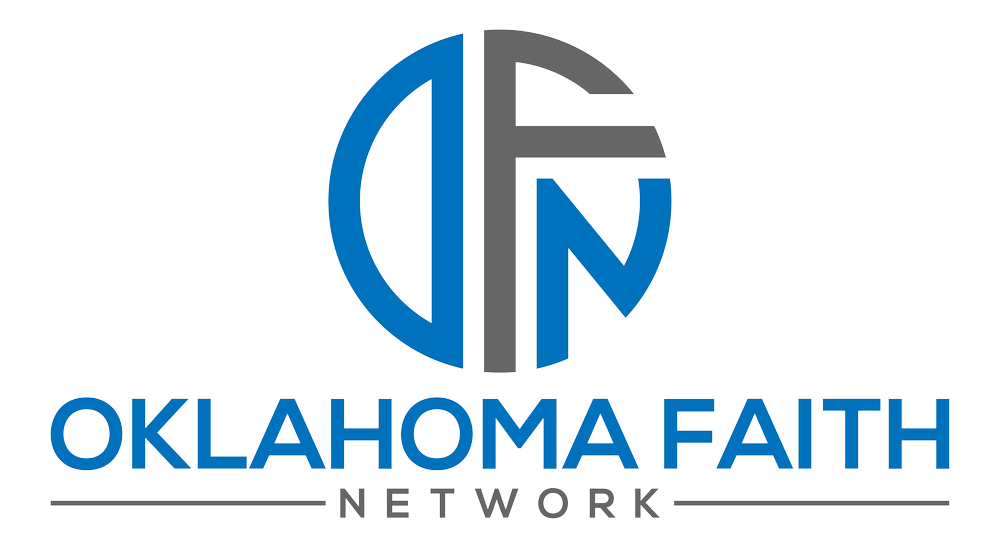Theological Statement on Education
What We Believe
We affirm the vital importance of education for all people, particularly for our school-age children. Through education, knowledge of the created order and its diverse peoples promotes respect for the world we share, and peace with the brothers and sisters of the great human family. Education offers the skills and knowledge needed for meaningful work, which allows people to support themselves and contribute to the larger society. It lifts people out of poverty, and gives them the knowledge to participate more fully as citizens of our communities.
Those who teach our children and administer our schools deserve our respect and support. They should have financial compensation which is commensurate with the great responsibility they bear. They need a physical environment and working conditions which allow the best possible instruction for their students. They should be able to look forward to a comfortable retirement when their years of service to our children have ended.
Why We Believe It
A reverence for education is woven through the whole biblical story of the People of God. The word Torah means, at its root, “instruction.” The passing of wisdom from elders to the young is a constant theme of the Scriptures. The followers of Jesus were called disciples—“those who learn from a master teacher.”
The Christian Church inherited from Judaism a love of learning. The work of the philosophers of the Hellenistic and Roman worlds enriched the understanding of the nature of God and of God’s interactions with humanity. The great universities of medieval Europe were founded by the Church. Guilds of artisans and laborers, in which apprentices learned their trades, were dedicated to their patron saints and guided by Christian traditions and customs.
What We Advocate
Education for school-age children should be one of our highest priorities, and funding should be increased across the board, especially for schools in low-income areas.
Student/teacher ratios should be reduced to permit more individual instruction.
Public school teachers should be recognized as professionals who deserve to be paid as professionals.
School boards should be allowed more authority to draw up curriculum and standards that meet the needs of their communities.
Classroom teachers should be given more freedom to use their creativity, experience, and education to teach, rather than to test.
We support a broad curriculum to develop the whole child and believe it should be funded.
The security of the retirement funds of our public school teachers should be protected.

